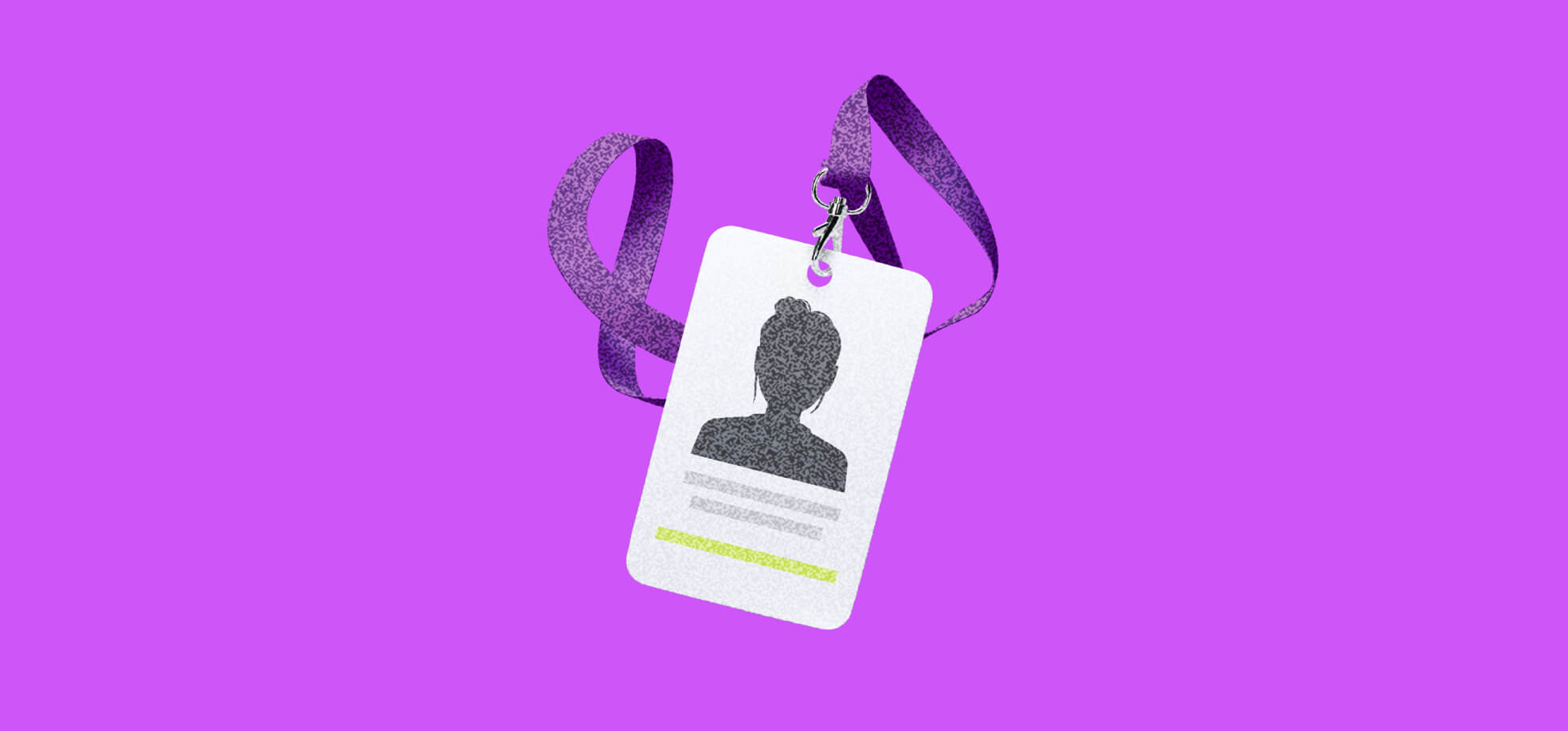New job anxiety: 5 tips to boost your confidence
Feeling anxious at your new workplace? Read these 5 tips to cope with new job anxiety and boost your confidence.

Introduction
For most people, starting a new job is intimidating. New job stress and fear of failure are normal. But joining a new team is manageable if you have space to explore and be yourself. Here are five tips for coping with anxiety in your new workplace.
1. Accept temporary difficulties
You will feel out of place at first, and that’s normal. Even if you have excellent soft skills and you are the life of the party, it still takes time to remember your colleagues’ names and understand the work. Lowering your expectations of yourself for a while can be a great way to reduce anxiety.
You probably won't do anything spectacular in the first week, because most of the time you'll simply be learning what's going on and be nervous about your new job. To make it easier you can make a strong-willed decision to just put up with it. Accept that new job anxiety is uncomfortable, but it will get easier.
2. Watch
After you’ve lowered the demands on yourself, watch your colleagues and digest information. Look around, ask questions, listen to answers and draw conclusions.
You can learn a lot of important things by watching. Is it customary to speak formally here, or can you use slang? Is it acceptable to be a couple minutes late for online meetings or does everyone come exactly on time? Do they have an informal inside chat? Are there people in the company who are openly liked or disliked? For what?
Watch, and in a few days, you will at least know the basics of your new workplace. Knowledge about colleagues is a bonus. You want to know who is an order lover and who is an office rebel, distinguish talkers from shy people, and identify potential friends.
3. Ask questions
Before asking any question, people tend to hesitate and wonder if it's worth it. But when you start a new job, it is expected that you will ask questions. This is how you can show you are interested in the company and team.
It can be especially awkward to ask the same question again, but it’s also normal. Everyone has been through this; you’re not alone. Notice the embarrassment and negotiate with yourself. What would be better: to remain silent and not understand something important, or to ask again and feel a little embarrassed?
4. Don't try to impress
Usually, when people try to impress someone, it doesn't end well. They try to control their every movement and word, which makes them uptight. No casual jokes or fresh ideas — just a robotic smile and unnaturally long pauses.
In the early days, you might want to show how much and how well you work: “I’ll write a business plan in a day” or “I’ll organize a conference in a week.” When such thoughts arise in your mind, tell yourself calmly, “You won’t organize. Or you’ll organize, but it will turn out to be complete nonsense.” There is no need to assume a bunch of tasks and heroically work on them until midnight. Nobody expects this from you.
In addition, setting the bar too high at the beginning is a short-sighted approach. Everyone will think you can work for five people, and they will expect that from you going forward. The story will end with overtime and burnout.
5. Don’t lie
Do not exaggerate your experience. They will believe you and give you tasks you cannot handle. You were hired because you've already made a good impression, so there is no need to embellish your skills.
Lying about hobbies is also not worth it. Don't pretend to be a runner if your workout is running to the metro station twice a month. Your interlocutor may be an experienced marathon runner who wants to talk to you about details you don’t know, or you might be asked to participate in the annual corporate race. So tell the truth and nothing but the truth.
How long does new job anxiety last?
It can take between two and six months to become comfortable at your workplace. Being comfortable at a new job involves being yourself, settling into the environment, and getting to know the culture, technology, and your colleagues.
It can be hard at first. Starting a new job can feel unbearable, but sooner or later everyone can handle it. In the beginning, you will absorb a lot of new information, leaving you with less energy for work than usual. This is fine.
Feeling shy and hesitant before asking a question is normal. Asking again is fine. Joking around is okay. Being tired, even if you feel like you’ve done nothing all day, is also normal. These are temporary difficulties, which we agreed to accept. In a few months, your usual productivity will replace the tiring awkwardness.
So next time, when you feel nervous about starting a new job, remember that anxiety will not last forever, and this temporary lack of comfort is a small price to pay for new opportunities for growth and new experiences.


.png)
